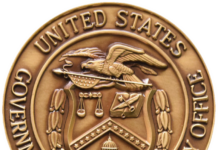 For the past half-century, the Black unemployment rate has typically been double the rate for non-Hispanic White Americans. For example, in April 2019 when the U.S. economy was booming, the stock market reaching new highs, the unemployment rate of African Americans was 6.6 percent. For non-Hispanic Whites, the unemployment rate was 3.1 percent.
For the past half-century, the Black unemployment rate has typically been double the rate for non-Hispanic White Americans. For example, in April 2019 when the U.S. economy was booming, the stock market reaching new highs, the unemployment rate of African Americans was 6.6 percent. For non-Hispanic Whites, the unemployment rate was 3.1 percent.
In February of this year, right before the onset of the COVID-19 pandemic, the Black unemployment rate was 5.8 percent compared to the White rate of 3.1 percent. This was just under the traditional 2-t0-1 Black-to-White ratio.
In April, the unemployment specter hit both Blacks and Whites very hard. Unemployment rates rose to 16.7 percent for Blacks and 14.2 for non-Hispanic Whites. The traditional 2-to-1 unemployment ratio disappeared.
In most past economic downturns, the African American unemployment rate is slower to recover than the rate for Whites. Due to high concentrations of Black workers in service industries most severely impacted by the economic shutdown, it is likely that this time too, economic recovery in the Black community is likely to lag the recovery in White communities.









